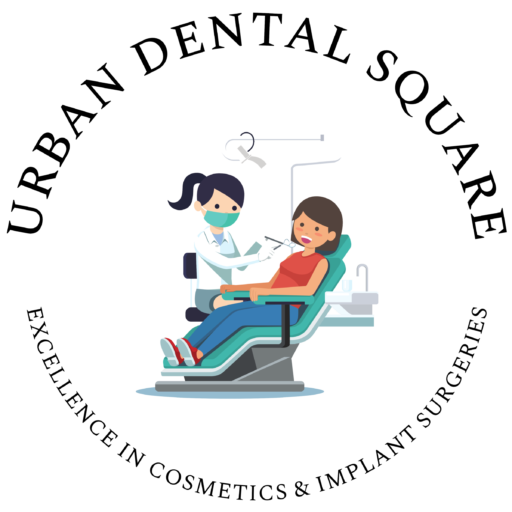What Are Dentures?
Dentures are removable devices that replace missing teeth. They help people eat, speak, and smile with confidence. Many seniors and adults choose dentures to restore their oral health. In fact, dentures can improve both comfort and appearance. Dentists often recommend them when several or all teeth are lost. Because dentures are custom-made, they fit each person’s mouth well. This makes them a popular choice for many patients.
Types of Dentures
There are several types of dentures. Each type serves a different need. Understanding the types of dentures helps you choose the best option for your situation.
Because each type has unique features, your dentist will help you decide which is right for you.
Benefits of Dentures
Dentures offer many benefits, especially for seniors. Not only do they restore your smile, but they also help you chew food better. Here are some key benefits of dentures:
Because dentures are custom-made, they can look very natural. For many people, dentures improve quality of life.
How Dentures Are Fitted: Diagnosis and Process
The dentures fitting process starts with a dental exam. Your dentist checks your mouth and gums. Next, they take impressions to create a mold of your mouth. This helps make dentures that fit well. Sometimes, teeth may need to be removed before fitting full dentures. After that, you may get a temporary set while your gums heal. Once ready, your dentist adjusts the final dentures for comfort and fit. Because the process takes a few visits, you get the best results.
Daily Care and Maintenance Tips
Proper care keeps dentures clean and your mouth healthy. Here are some tips on how to care for dentures:
Because good care prevents stains and damage, your dentures will last longer.
Common Challenges and Solutions
Some people face challenges with new dentures. However, most problems have simple solutions. Common issues include:
Because regular dental visits help, your dentist can fix most problems quickly.
Prevention of Oral Issues with Dentures
Wearing dentures means you need to protect your oral health. Therefore, follow these steps to prevent problems:
Because good habits lower your risk of gum disease and mouth infections, you can enjoy your dentures for years.
Conclusion
Dentures can restore your smile and improve your life. With the right care and support, most people adjust well. For the best results, consult a dental specialist for personalized advice on dentures.

